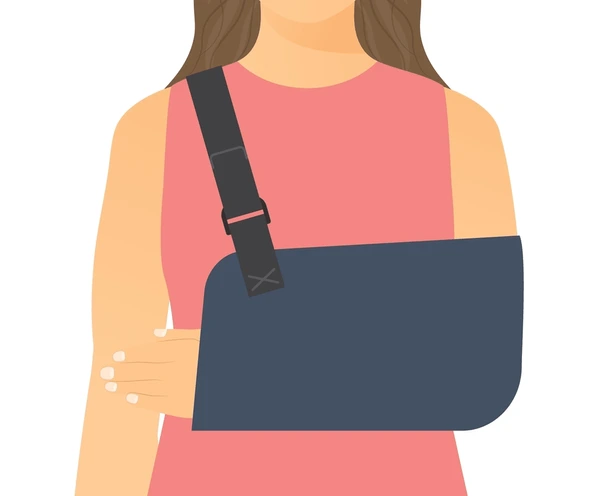An emerging topic in the shoulder world is screening for rotator cuff tears. One question is if the opposite shoulder should also be screened for a rotator cuff tear. That is, if someone has a rotator cuff tear in one shoulder, should the other shoulder be evaluated with an MRI or ultrasound to determine if there is a tear in the opposite shoulder?It is well documented that rotator cuff tears increase with age and a person with a tear in one shoulder is more likely to have a tear in another shoulder. Based on this it is clear that the biggest factors for a rotator cuff tear are age and genetics. Knowing that rotator cuff tears never heal themselves, shoulder specialists use factors like age, activity level, and response to non-operative treatment to determine if a given tear should be repaired. For example, a healthy active patient under the age of 65 may benefit from an arthroscopic repair to reduce pain, improve strength, and reduce the risk of tear progression. On the other hand, for a 75 year old patient with a lower activity level it is advised to attempt conservative treatment before considering surgery since there is less risk for progression (shorter life remaining).In the April 2014 issue of The American Journal of Sports Medicine Liem and colleagues from Germany reported on rotator cuff tears in patients who had a repair on the opposite arm (See Article). In 55 patients who had a rotator cuff repair 67% had a tear in the opposite shoulder. By comparison in 55 controls (patients without shoulder pain) the prevalence of a tear was only 11%. The authors suggested that routine screening could have significant value in these patients.While the cost-effectiveness of this recommendation is not known, it does raise the question of whether patients who undergo a rotator cuff repair should have the opposite shoulder screened. In our clinic we commonly use in-office ultrasound to evaluate the rotator cuff. This low-cost technique may have benefit in the future as screening criteria are defined.
Similar posts



